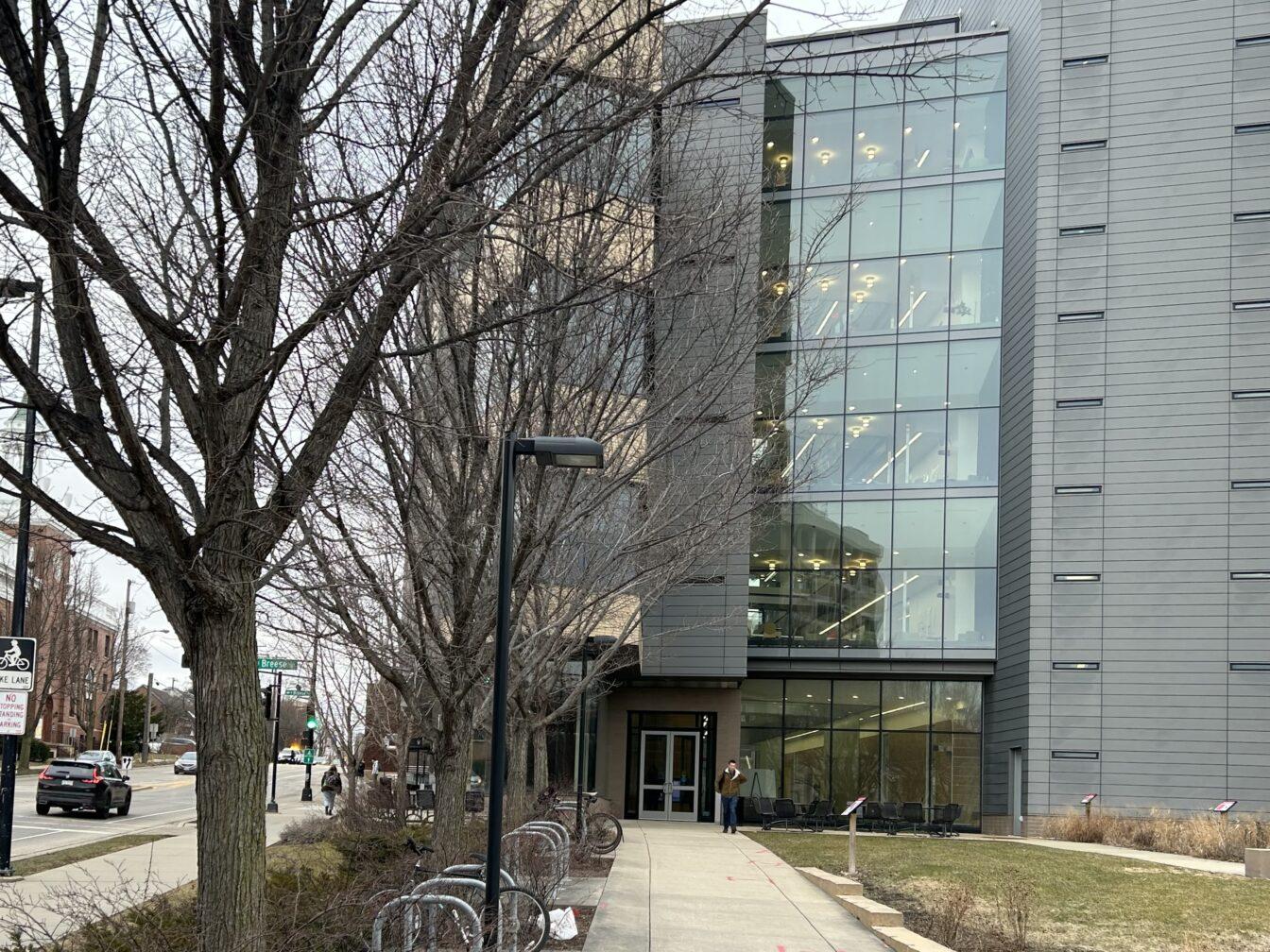Arguments against diversity-based enrollment policies at universities nationwide may be justified by a new study that found as minority enrollment increases, the quality of a school’s education decreases.
The study, headed by Stanley Rothman of Smith College, Seymour Martin Lipset of George Mason University and Neil Nevitte of the University of Toronto, found as complaints among students rose regarding the quality of their education, the percentage of minority students enrolled increased as well. The number of complaints among faculty and administration about students’ work also rose in correlation to the number of minority students.
In addition, the study found that students, faculty and administration noted a rise in tension and discrimination with a greater number of minority students.
The three scholars who led the study asked faculty, staff and students questions about the quality of education at more than 140 colleges. Study conductors used general questions such as, “How satisfied are you with your education experience?” and questions about discrimination.
The answers were processed and correlated with the racial makeup of the university.
The study did not indicate how many participants were in the ethnic minority themselves.
“It is commonly believed that increases in black enrollment will produce positive assessments from students about their educational experience. But in fact, the correlations went in the opposite direction,” the Rothman-Lipset study states.
Colby College President William Adams disputed this perception of students receiving a less satisfactory education.
“It is a fundamental truth [that students] learn more and more powerfully in settings that include individuals from many different backgrounds and perspectives,” Adams said.
The Rothman-Lipset study also suggested that perceptions and stereotypes played into the final decision of questioning a diverse enrollment policy. The study found that Asian and Asian American students were thought of as hardworking students, and perceptions of discrimination and dissatisfaction lowered with the increase of Asian and Asian American students.
Many have said that this study may influence the case surrounding the University of Michigan’s admission policies, recently under fire because of the school’s affirmative-action enrollment policy. The Supreme Court will decide this case April 1, ruling on whether college admissions designed to overstep affirmative action are in violation of law.
Stanley Rothman directly scrutinized surveys that upheld the idea that a diverse student body helped the overall education experience.
“Surveys are always questionable, including ours,” Rothman said in a recent release. “But it shows that those who argue diversity will improve the education of everybody haven’t made their case. [This] data does not support them.”
Two conservative groups that have supported causes to end affirmative action funded the Rothman study.
Harvard professor of education Gary Orfield called the Rothman study a weak set of weak correlations that goes against “generations of desegregation research.”












